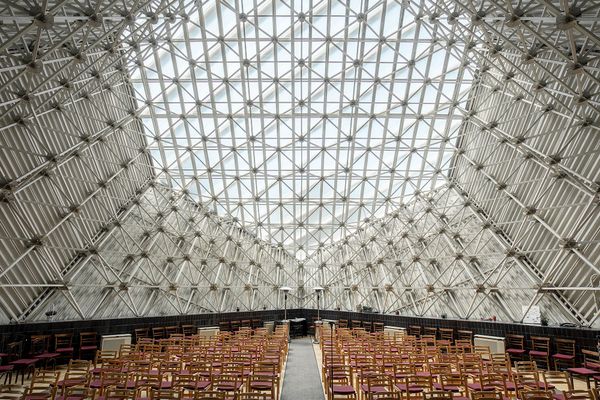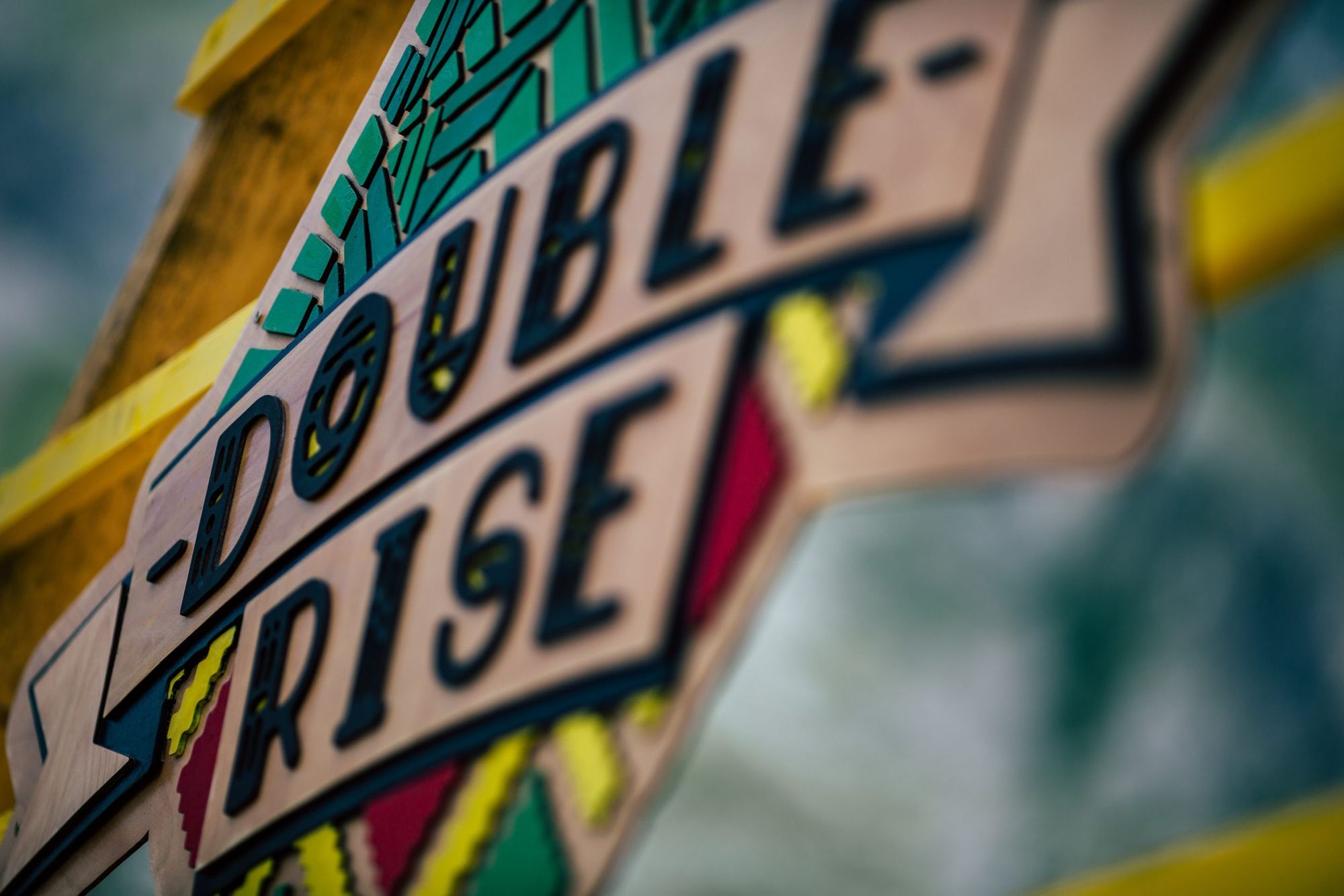Concerts, theater plays, literary and folk music events in one place: the 6th Double Rise Festival will be held in Rimetea between 11 and 13 August. We talked to festival director Mátyás Lajos Gondi about the details and the background of the event.
Fifty kilometers from Cluj-Napoca, under the triple peak of the Piatra Secuiului lies Rimetea, the westernmost Szekler settlement, where the sun rises twice in the morning at a certain time of the year: after the first sunrise, the sun hides behind the rocky peaks and reappears a little later. This rare and unique natural phenomenon was the inspiration for the name of the Double Rise Festival, but it is not the only thing that makes the place special: “there are nice villages, nicer villages and then there’s Rimetea,” highlights Mátyás Lajos Gondi, who has hiked in several Szekler lands before discovering this village. “You’re in the middle of nowhere, hiking through hills and valleys with no villages anywhere, all you see are steep rocks, and then suddenly, the valley opens before you; the rock walls are softened and become greenish balls. And on the other side, a fortress church looms over the village protectively: between the green slopes and the church is a settlement that you don’t come across unless you’re wandering around the world. It’s no coincidence that Rimetea’s townscape has won the Europa Nostra Award and is on UNESCO’s World Heritage nomination list,” he elaborated.
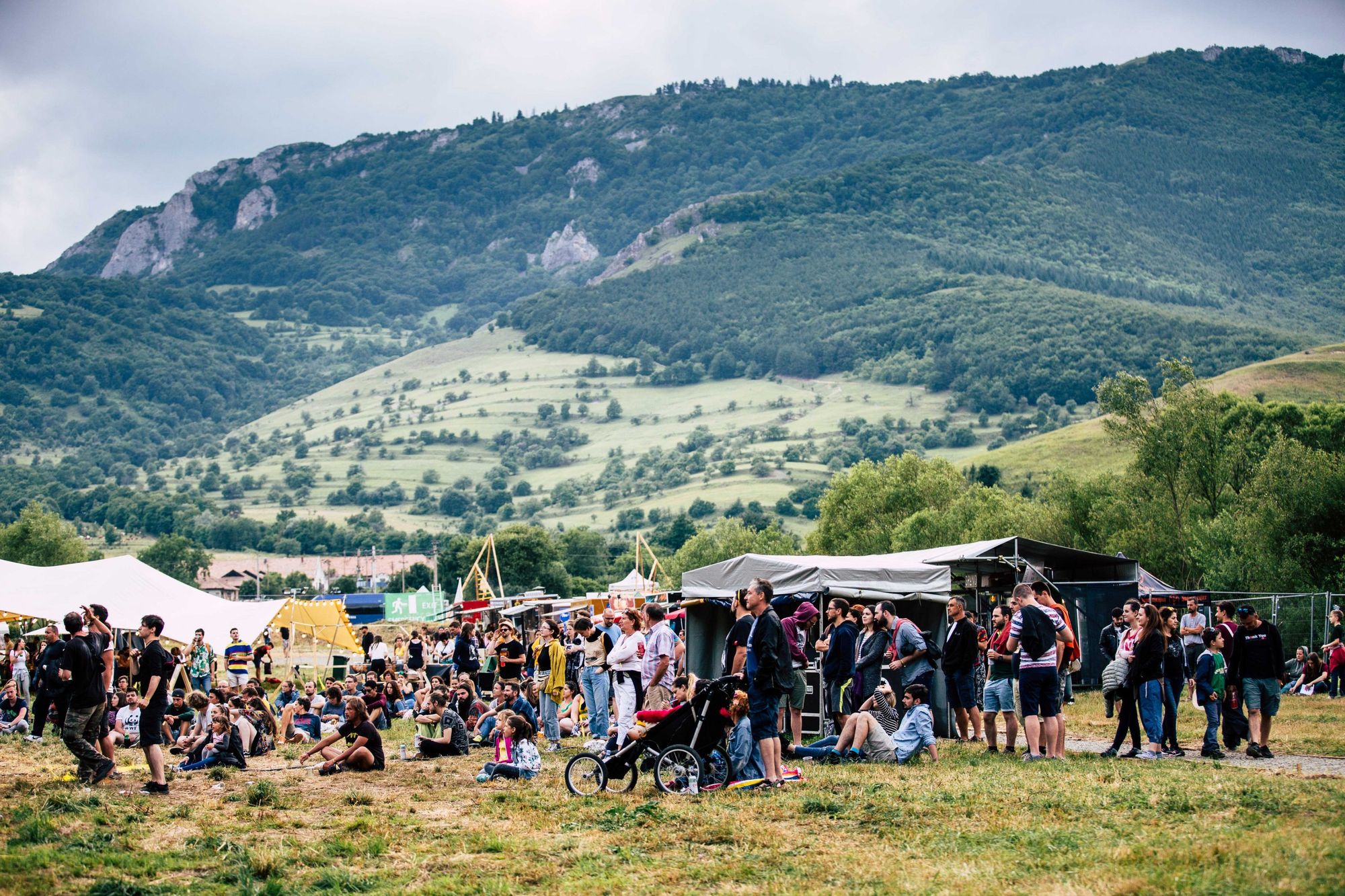
In this scenic landscape, Double Rise Festival awaits its guests, or, as the organizers like to call them, ‘sun risers’ for the 6th time. This event is planned to be the most varied version of the festival so far. “We have high hopes for this year’s events, as we had a Covid year, when we could practically only host a meeting with the audience. The following event had to be done with a quick turnaround due to the restrictions at the time, so this is the first time since 2020 that we’ve organized the festival with full power” noted Mátyás. He added that, in line with their basic concept, this year’s programs will not be a step up in quantity, but in quality.
But what is Double Rise? When it was launched, Mátyás basically wanted to create a festival in Szeklerland inspired by the Hungarian Valley of Arts. He realized that in the region, there are several bigger or smaller festivals for locals, while there are relatively few events in dispersed communities that meet the needs and represent the colorfulness of Hungarian culture. That’s why he picked Rimetea, which is an attractive venue in itself. Emphasizing the colorful Hungarian culture, besides popular music, the program features folk, theater and literature, as well, which gives the festival its niche character. “We defined ourselves as a contemporary art festival from the beginning, and we have kept it that way ever since. By that I mean that Double Rise is an ensemble of not only popular music, but folk, theater, literature, visual arts and many other art forms,” he pointed out.
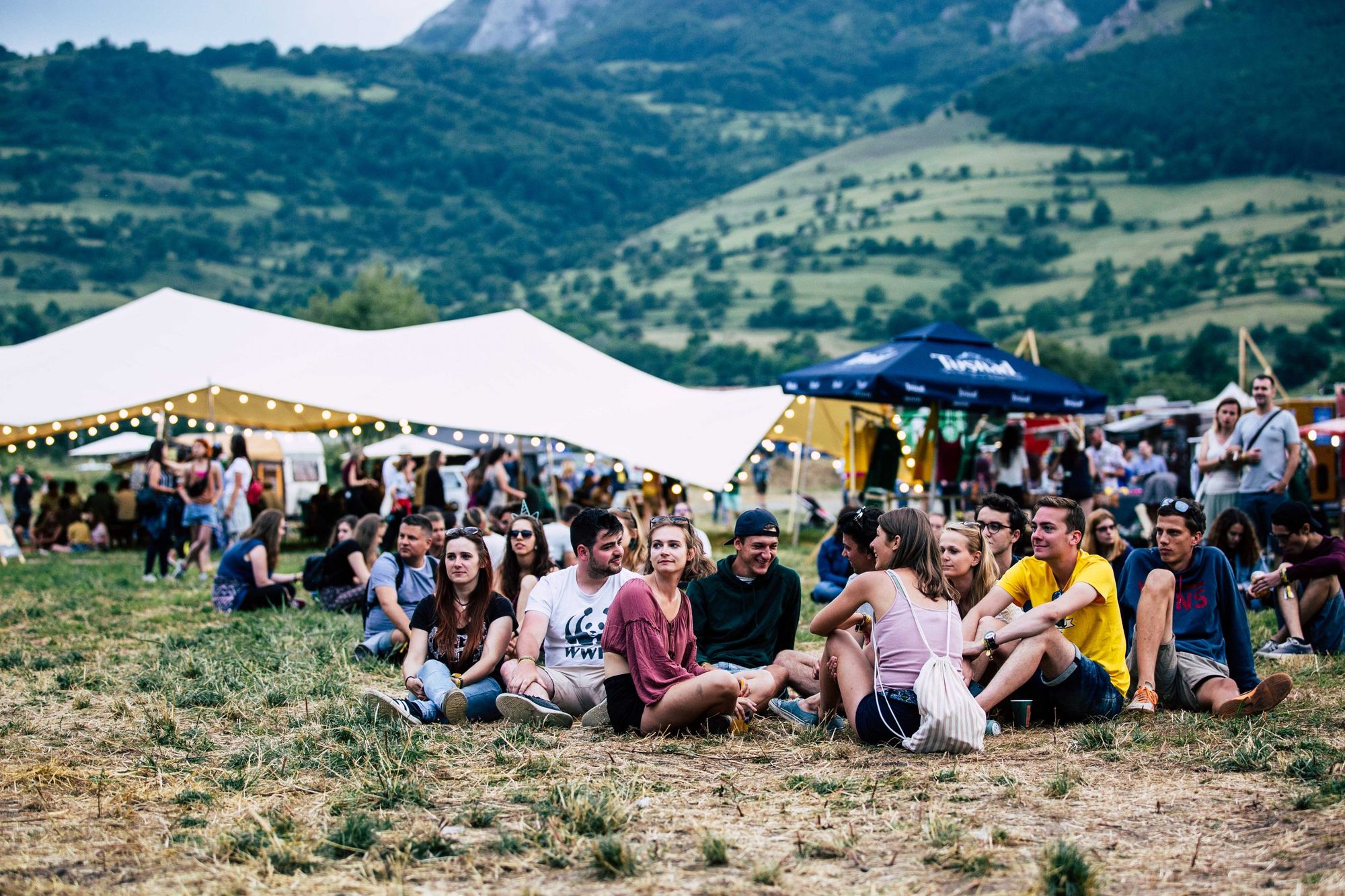
Folk music programs have their own dedicated venue called Folkudvar (Folk Court), whose repertoire is extended every year according to Mátyás. “This year marks the 50th anniversary of the Táncház (literally ‘dance house,’ a traditional Hungarian folk dance event—the Transl.), which is an important jubilee. Accordingly, we’re strengthening our dance training, so we’ll also hold dance master courses during the day, which we will announce to different dance groups all over the Carpathian Basin. I cannot emphasize enough how nice it is to have a festival that can host such a dance course,” the festival director noted.
One of the specialties of not only the creation of Folkudvar, but also that of literary and theatrical events is that they’re organized around anniversaries. For instance, as part of the Petőfi 200 Memorial Year, The Hammer of the Village by Sándor Petőfi will be presented with Attila Vidnyánszki Jr. in the titular role, with the cooperation of the Hungarian National Theater of Budapest and the Transcarpathian Regional Hungarian Drama Theater. “The program of the festival has always included theater, but we’ve always aimed to create plays with only a few props and cast members. As opposed to that, this year’s play is interesting in several ways, featuring a serious cast of actors: several members of the theater in Berehove have escaped from the war, so the play points out current issues in Transcarpathia, as well,” Mátyás said. Concerning literature, as part of the Áron Tamási 125 Memorial Year, guests are invited to participate in the closing event of an open-air exhibition, co-organized by the Petőfi Literary Museum and the Petőfi Cultural Agency and opened by Anna Juhász. There will also be a number of book launches organized by Poket pocketbooks, most importantly a Balaton anthology by Zsolna Ugron entitled Fénytörések (‘Refractions’—the Transl.).
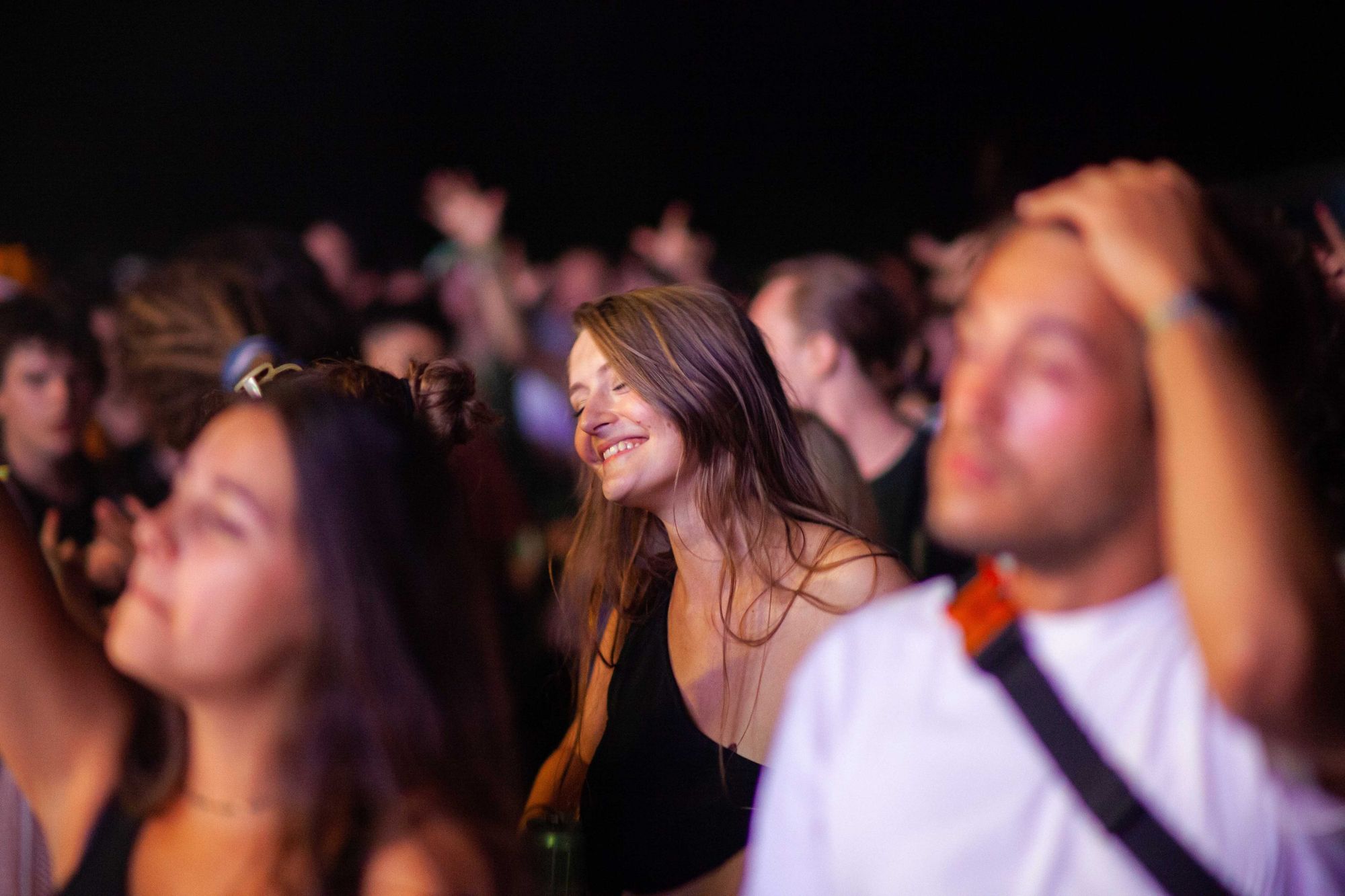
As for popular music, bands from the alternative line-up will be featured. Headliners will include Carson Coma, Kiscsillag, returning for the umpteenth time, and Kaukázus, performing for the first time. A special feature of the festival program is that the small stage will be dedicated to bands from Transylvania, such as sZempöl, Sintaxis and Hóhányók. “The line-up of the small stage will include bands from all over the world from Timişoara to Reghin, from Gheorgheni to Cluj-Napoca,” Mátyás added.
Finally, he stressed that he believes there’s now a harmonic cooperation with the residents of the village, as well. “There’s always been a fly in the ointment in recent years, we’ve received mixed reactions. I see that this is now solved, with patience and humility. The festival and the audience’s attitude have now reached a point where Double Rise can function well.”
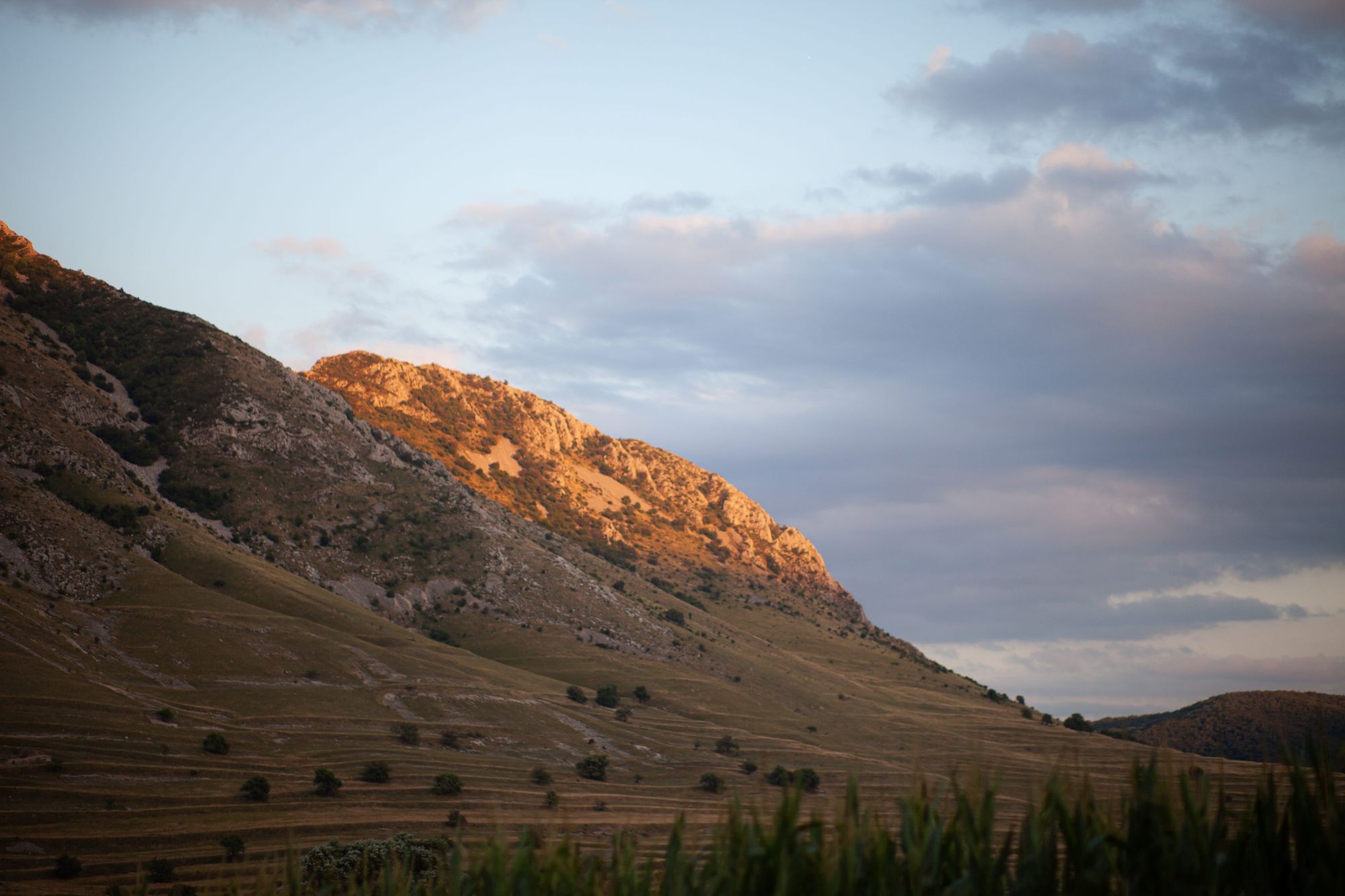
If you want to experience a cozy contemporary art festival at the foothills, you can get tickets here. For a detailed program of Double Rise Festival and a full list of performers, click here.
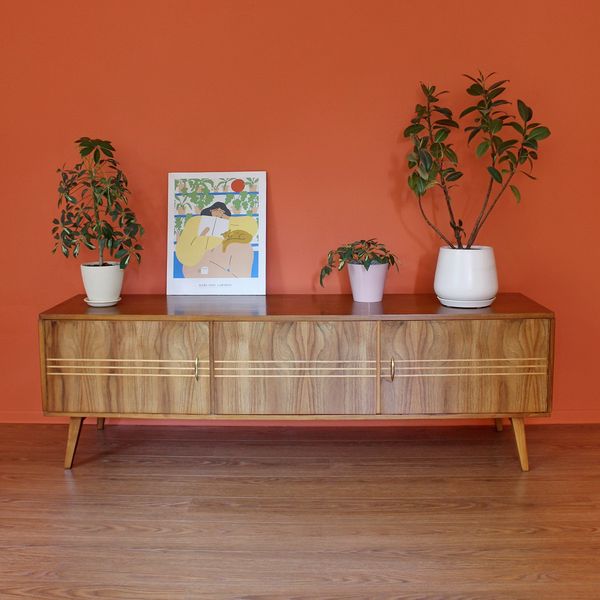
Eternal retro furniture | TOP 5
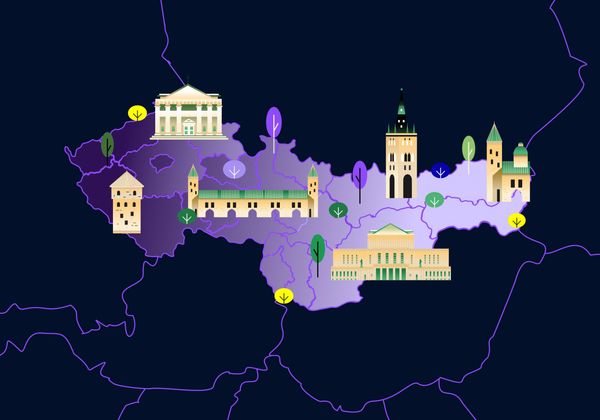
The transition of two countries in one: Czechoslovakia | The transition to democracy in our region – Part VII.
